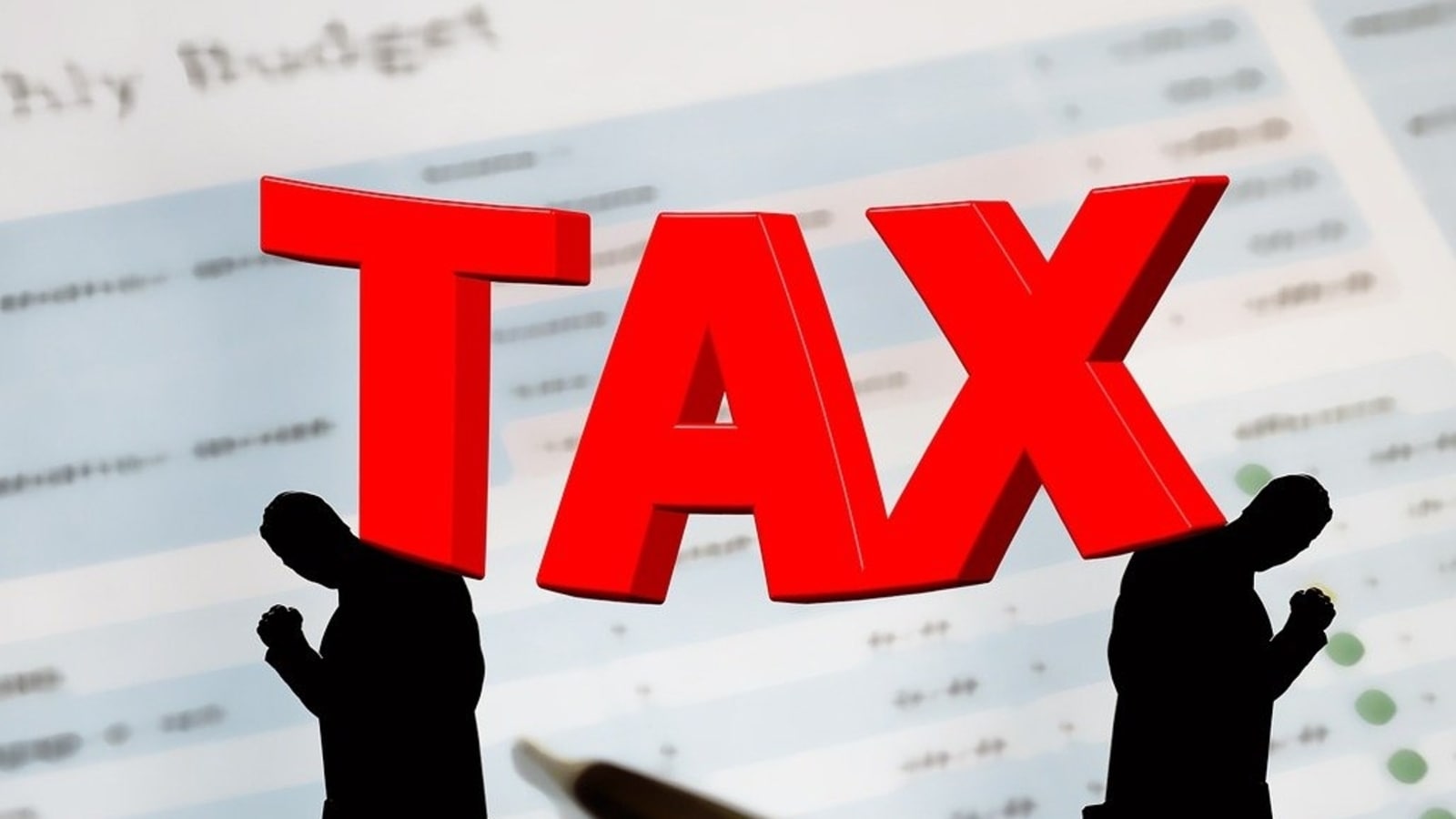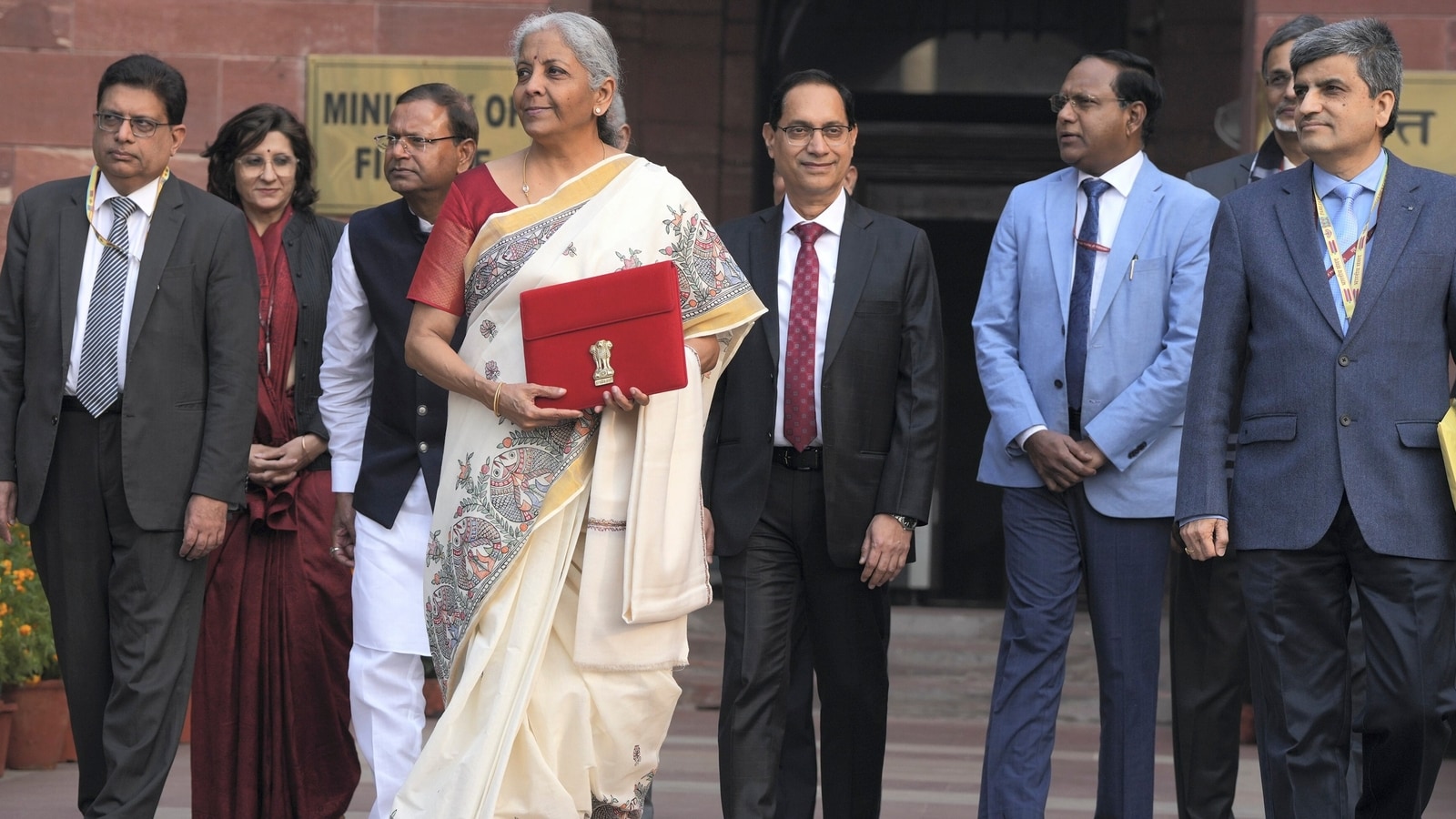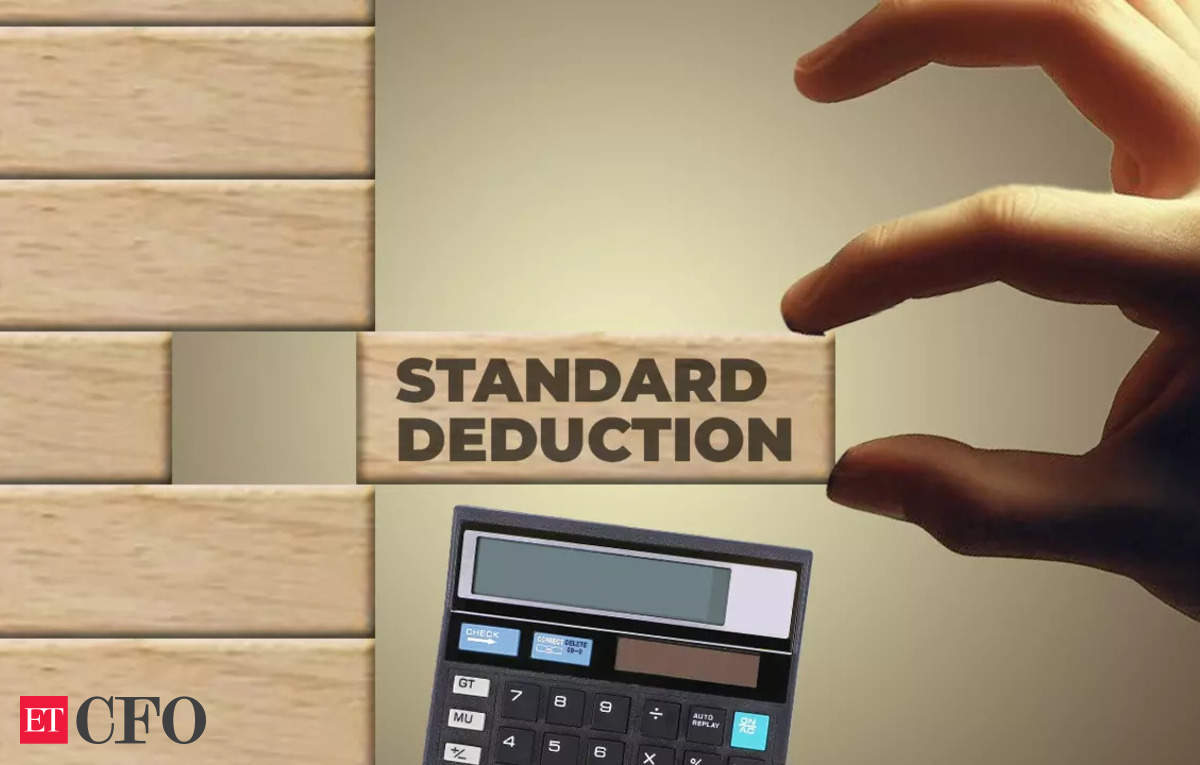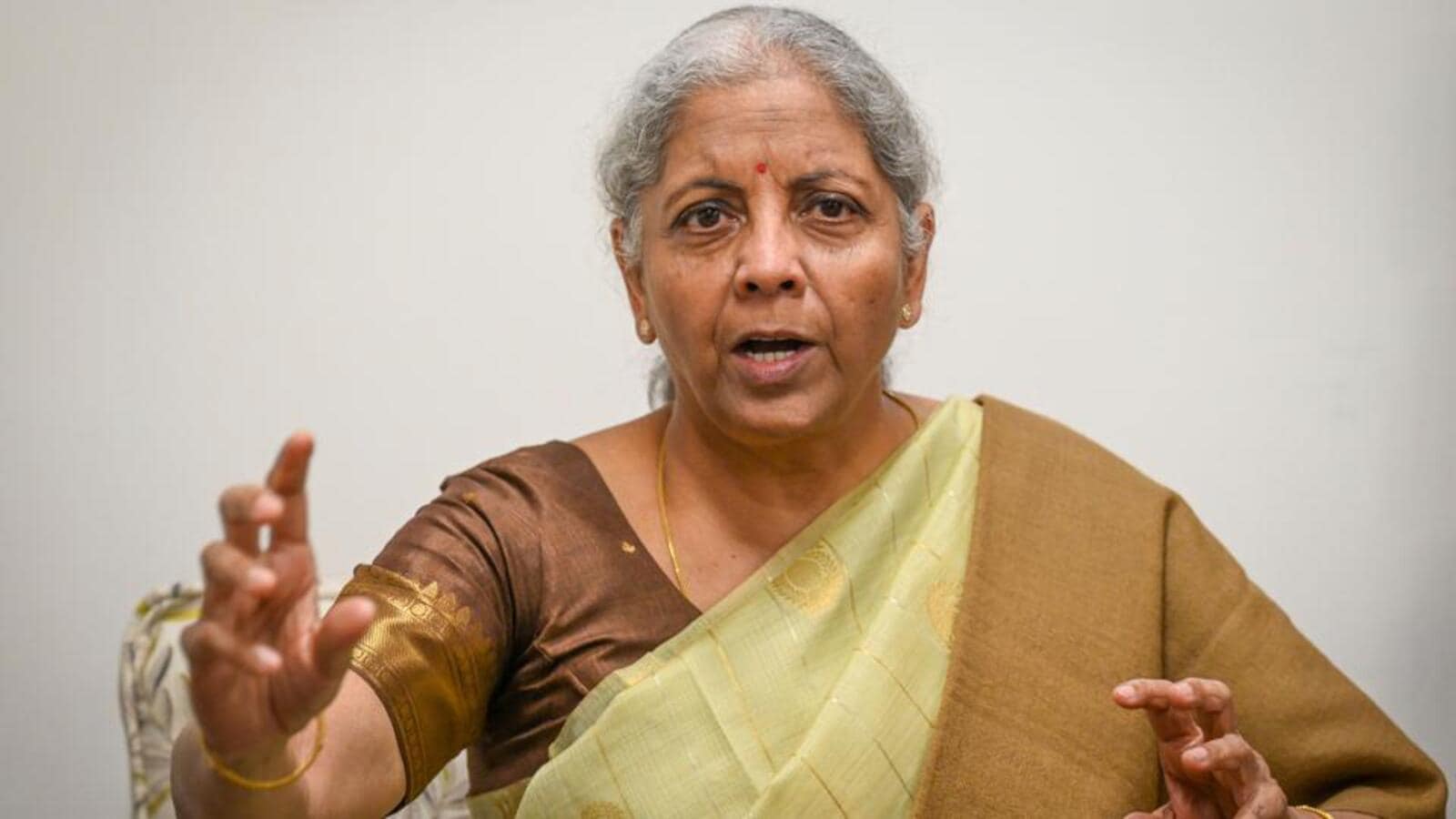Now that the new shares of HDFC Bank have been listed following its issue to shareholders of parent entity HDFC, India’s largest private sector lender on Monday entered the global club of companies with a market capitalisation of $100 billion.
How does the merger impact shareholders?
On Friday, HDFC Bank allocated over 311 crore new shares of the bank to shareholders of merged entity HDFC Ltd .As per the scheme, every HDFC shareholder has got 42 shares of HDFC Bank for every 25 shares they hold.
On a per share level, the ratio is 1.68 shares of HDFC Bank for every 1 share of HDFC. Suppose, if you own 100 shares of HDFC Ltd you will get 168 shares of the merged entity.
This essentially means shares held in HDFC Ltd. will get cancelled and HDFC will own 41% of HDFC Bank.
Shareholding pattern
Public shareholders fully own the bank. Foreign portfolio investors under Category-I now hold 50.46% stake in the merged entity, compared to 29.54% a quarter ago.
The government of Singapore owns 2.67% stake in the merged entity, and Invesco Markets Fund 1.21%. Mutual Funds’ cumulative holdings in the bank have gone up to 19.13% from 18.47% as of March end.
Insurance companies own 8.71% stake in the merged entity, compared to 8.01% a quarter ago.
Life Insurance Corporation of India’s stake has gone up marginally to 4.89% from 4.16% a quarter ago.
As per Nuvama, the merged entity will have 14.43 per cent weighting in the Nifty50, nearly 363 basis points more than RIL. In the Bank Nifty index, HDFC Bank’s weighting will rise to 29.1 per cent. This elevation has propelled HDFC Bank ahead of Reliance Industries in terms of weightage.
HDFC Bank will see an upward weight revision to 29 per cent from 27 per cent in the Nifty Bank index.
In the Nifty Bank index, HDFC Bank’s weightage will rise from 26.9 per cent to 29.1 per cent. ICICI Bank, the second-largest private bank and previously the second-largest weight in the index, will witness a slight decline in its weightage from 24.4 per cent to 23.3 per cent.
“The merged entity will also have a high weightage in Nifty, which is why we are seeing strong bullish momentum in the index. Moreover, the appreciation of this merger extends beyond the market sentiment, as it is also being recognized and appreciated by investors on a fundamental level,” said Meena.
A mutual fund can’t invest more than 10 per cent in a single company. Now that HDFC Bank and HDFC have merged, 35 equity funds across 20 fund houses will cross the 10 per cent limit. Of the 35, 18 are large-cap funds, shows data analysed by Value Research.
“Post-merger, HDFC Bank will have 15 per cent weightage in Nifty 50. Suffice to say that passive funds like index funds and ETFs will have an edge over active funds every time HDFC Bank goes on a run. That’s because they don’t have to abide by the ’10 per cent limit’ rule,”
Busy day for passives
How will these shares be taxed?
1. All the assets and liabilities of the amalgamating company (HDFC Limited) must become the assets and liabilities of the amalgamated company (HDFC Bank) as a result of the merger.
2. Shareholders holding at least 3/4th in value of the shares in HDFC Limited must become shareholders of HDFC Bank through the merger.
In the case of HDFC Bank, shareholders who transfer their shares in HDFC Limited in exchange for the allotment of shares in HDFC Bank will not incur capital gains tax on the transaction as such transfer pursuant to qualifying amalgamation is not considered a taxable event for the purposes of capital gains.
“Capital gains tax will only be applicable when the shares are sold, and not merely upon their listing, as the allotment is tax-neutral in the instant case. It should also be noted that cost of purchasing the HDFC Limited shares will be considered as the cost of acquisition for the HDFC Bank shares received in the merger,”
In this example, the adjusted cost of purchase for 100 shares of HDFC Bank will be Rs 89,109 (Rs 1,50,000/101*60). Consequently, a long-term capital gain on amount of Rs 1,12,891 (Rs 2,02,000 – Rs 89,109) will be realized and taxed accordingly.
Practical Course at:











